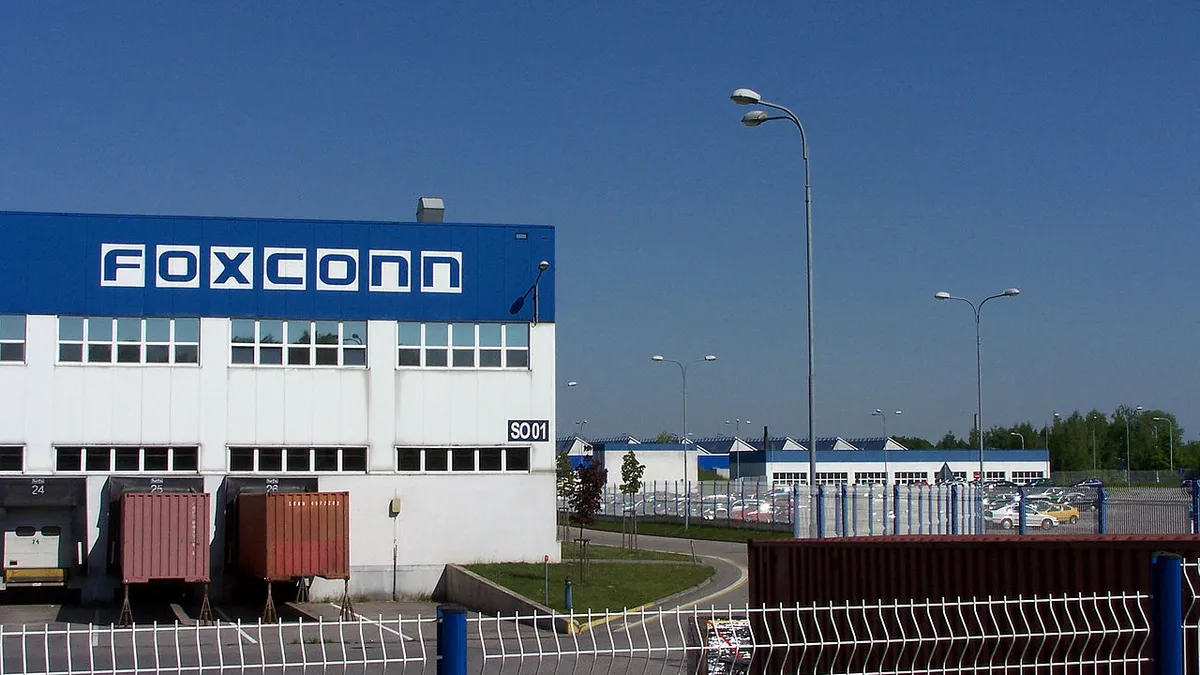Dive Brief:
- Foxconn Technology is considering a southeastern location for a potential new smart factory, the Milwaukee Journal Sentinel reported last week.
- Of particular concern is the lack of trained technology workers available in the area. New, rapid-fire curriculums at all of the area's technical colleges would need to step up training in order to staff the factory, at which 10,000 advanced technical workers could be employed.
- A former employment executive in the area told the Journal Sentinel he believes the training can be accomplished, citing the previously stunted economies of Eastern Europe, where worker retrenchment and education led to a rebound of processing centers and back office systems for European banks.
Dive Insight:
As technology and manufacturing jobs remain unfilled across the country, some states are taking more aggressive action to address the training needed to reposition its residents as members of the new economy.
In Wisconsin, a grant initiative called Fast Forward is particularly geared toward technical training. To date, according to its website, the initiative has issued more than $19 million grant contracts, providing economic support for roughly 200 retraining initiatives. Local employers and workers have both benefited from the program.
The types of grants offered seek to encourage increased collaboration between Wisconsin businesses and workforce training partners; fill current and ongoing skill requirements of Wisconsin employers, and place workers in long-term positions with opportunities for professional growth and economic advancement.
While potential Wisconsin workers may succeed in gearing up to re-educate themselves and join the ranks of the new economy as a result of Fast Forward and the various technical colleges within southern Wisconsin, not every state offers its residents the same type of support. In fact, if worker shortages remain high, it could happen that new manufacturing plants will be forced to locate closer to the appropriate workforce, rather than vice versa. In theory, this would limit country-wide prosperity and concentrate knowledge, which might create a second, or even third Silicon Valley.















